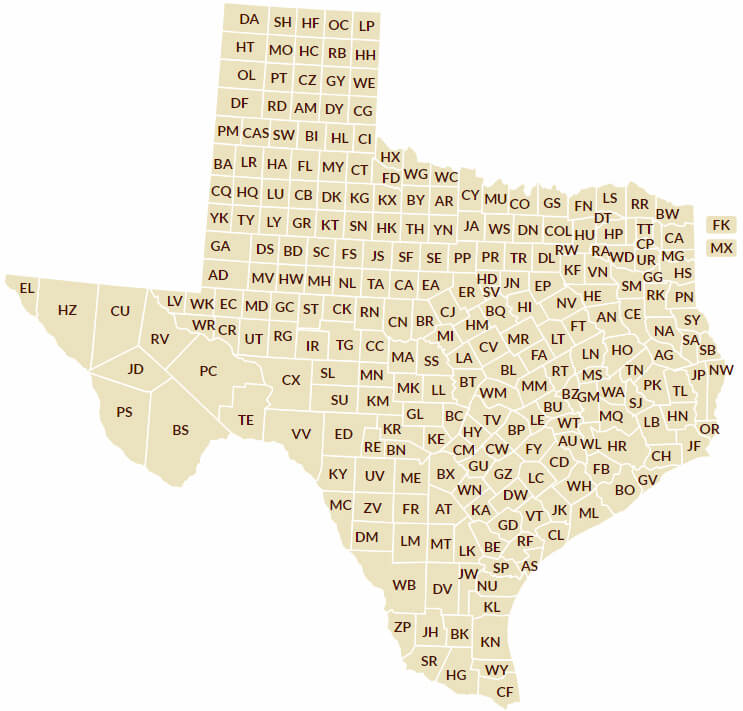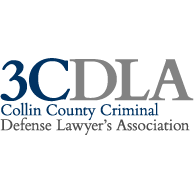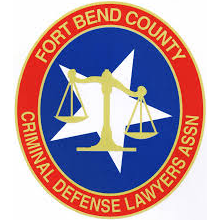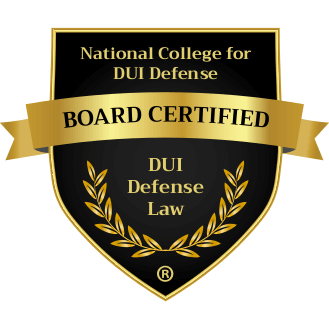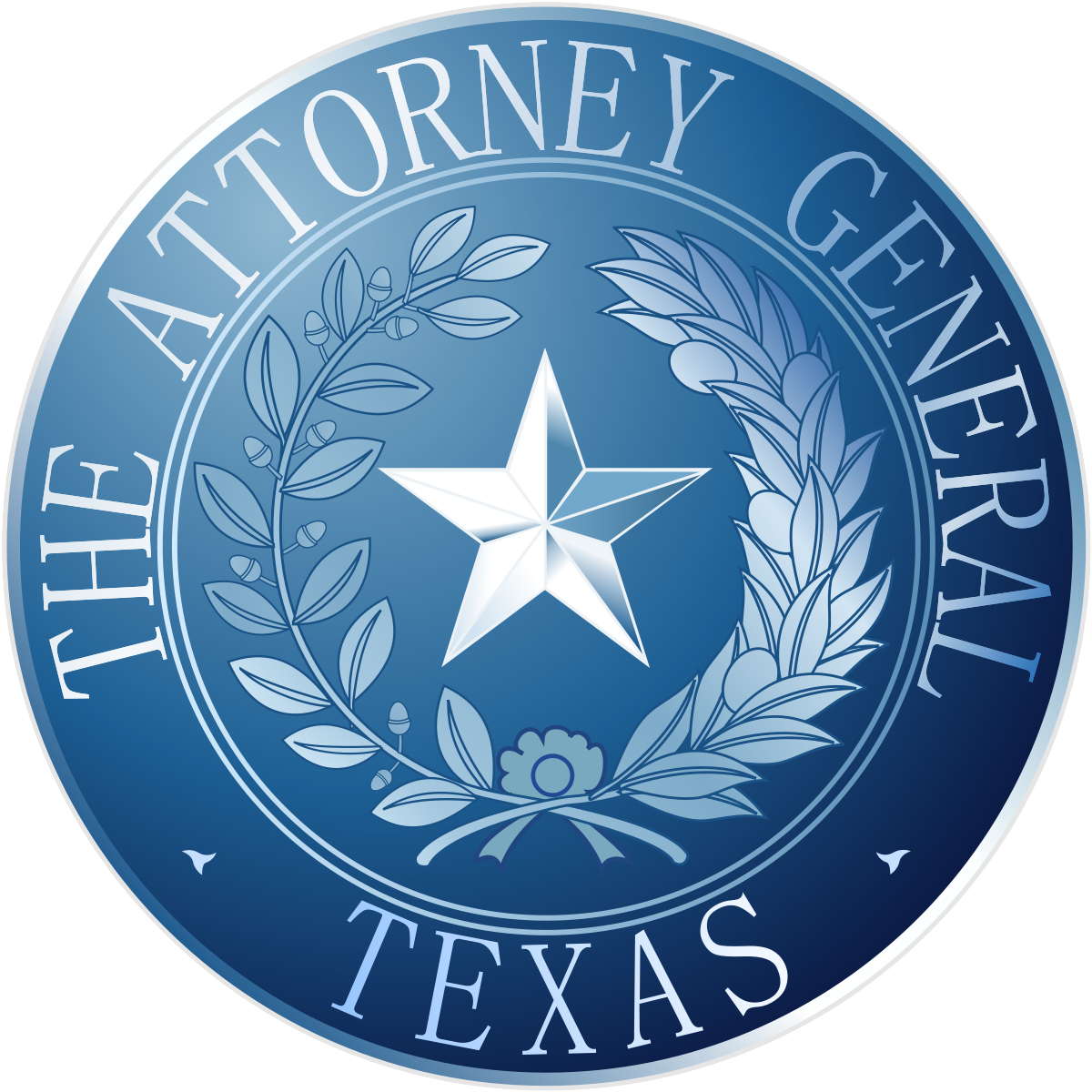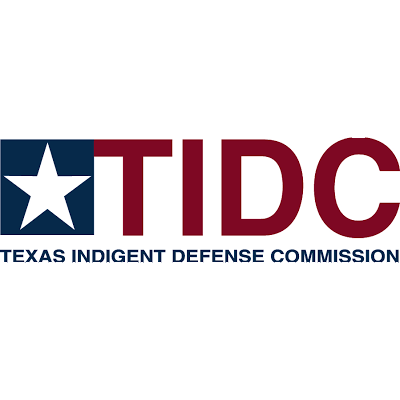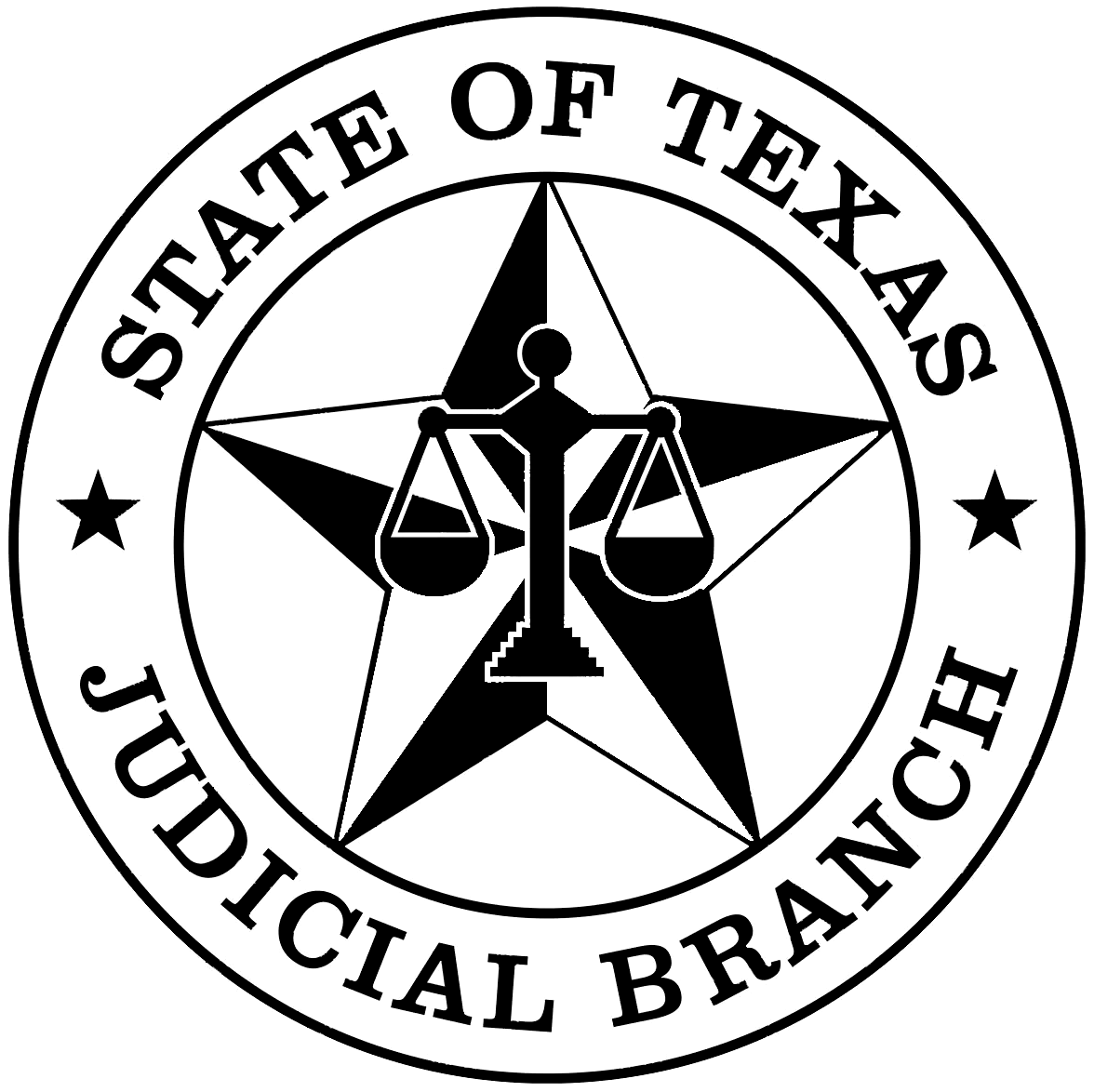To become a criminal defense attorney in Texas, candidates must complete a bachelor's degree from an accredited university, followed by a Juris Doctor (J.D.) degree from a law school approved by the American Bar Association (ABA). Subsequently, passing the Texas Bar Exam is necessary to gain admission to the State Bar of Texas and practice law in the state.
Maintaining high ethical standards is imperative for any attorney. Criminal defense lawyers in Texas must adhere to the Texas Disciplinary Rules of Professional Conduct, ensuring confidentiality and advocating zealously within the bounds of the law.
To stay current with legal developments and maintain their license, Texas attorneys are also required to complete a minimum of 15 hours of continuing legal education (CLE) annually. These educational opportunities help defense lawyers remain up-to-date with changes in the law and enhance their professional skills.


